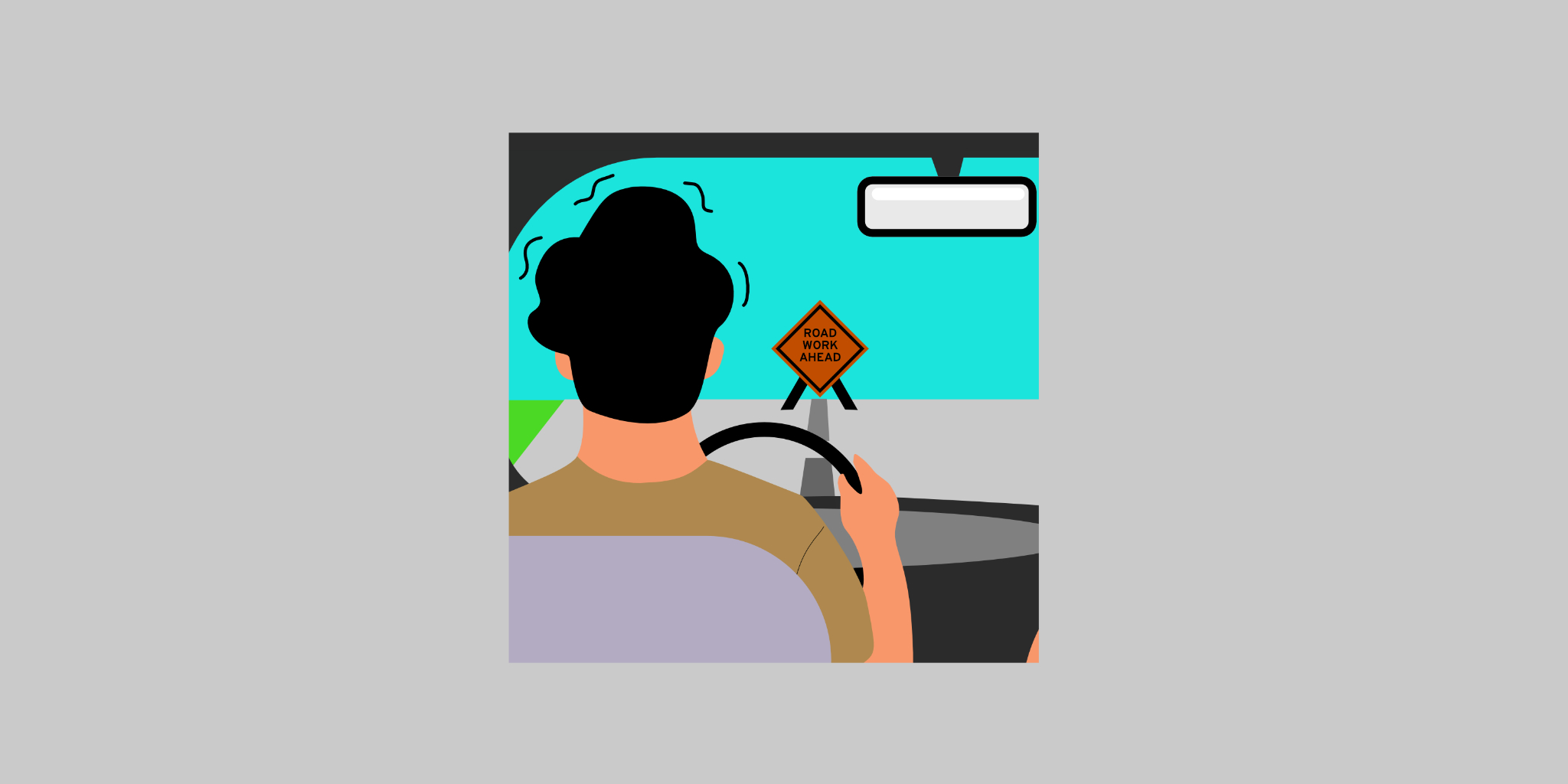
Selective Abstraction - Mind Trap
Selective abstraction is the process of taking one, usually negative, aspect out of a larger experience and ignoring the rest. It is also often called a “mental filter”. In reality, moments in life are rarely all good or all bad. Selective abstraction is often unconscious and reinforces our (negative) thoughts and beliefs. Luckily, there’s no need to worry; by spotting selective abstraction, we can begin to see situations for what they are.
Common Examples
Imagine a school teacher with over 20 years of experience. One day, at the end of a school year, she hands out surveys to all her students. Most surveys come back with praise and high scores. However she is shook as she receives one review: 1 star. The survey is calling her the most boring teacher at the school. Instead of seeing the combination of reviews, she starts thinking, “I must be boring.” She is focusing on one aspect of the event, ignoring all others as if they have never happened.
Impact on Your Health
Feelings and behaviors such as selective abstraction are extremely common. We think we are doing a good job by focusing on the negative aspects, probably because those aspects are things we can improve. In reality though, it can lead us away from the truth and contribute to a lower self-esteem. As you may guess, selective abstraction is also a very common cognitive distortion for perfectionists.
Correction
Try to spot this behavior by keeping your view open to both the positive and negative aspects of your experiences. It may help to keep a journal, as this has been proven to be a good exercise to reflect on both the good, and the bad. When something bad does happen, remember that you are not a bad person. For every negative thing that happens, equally many if not more positive things do happen.
